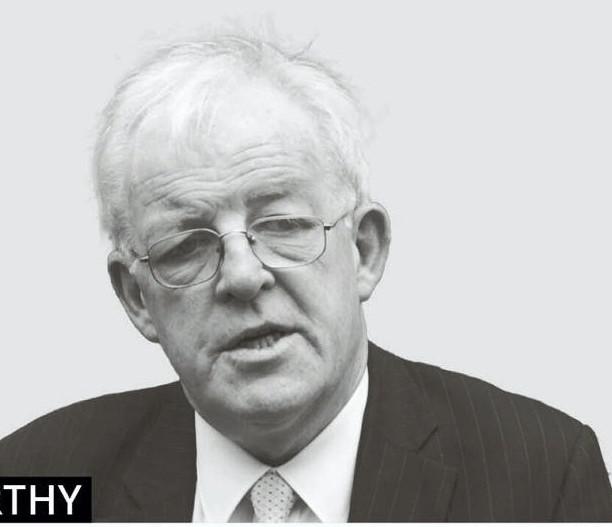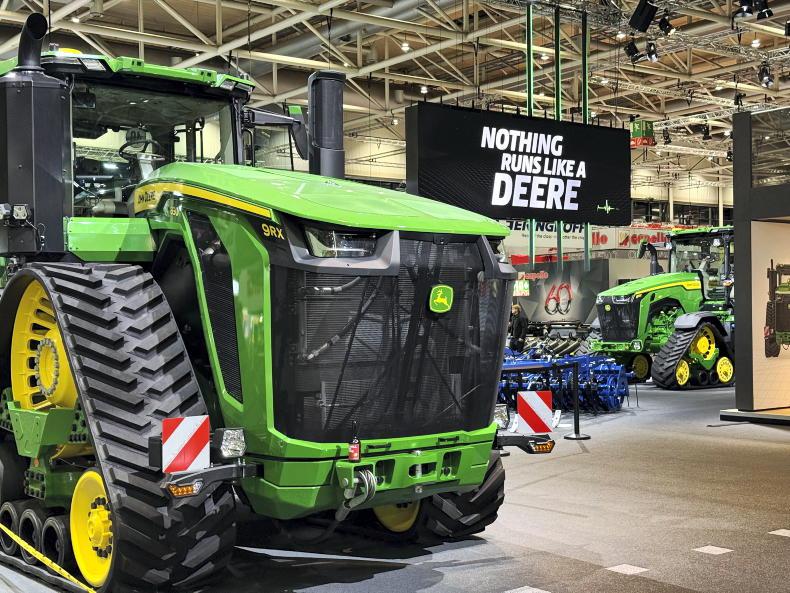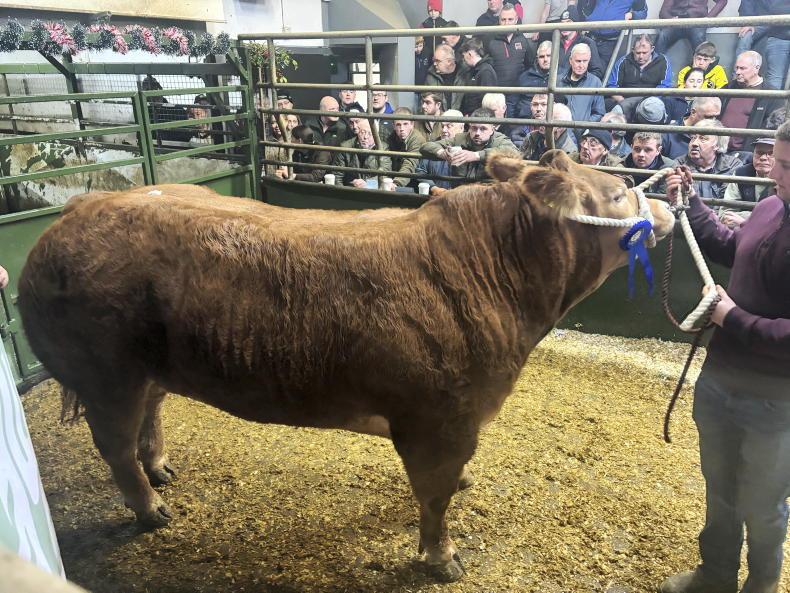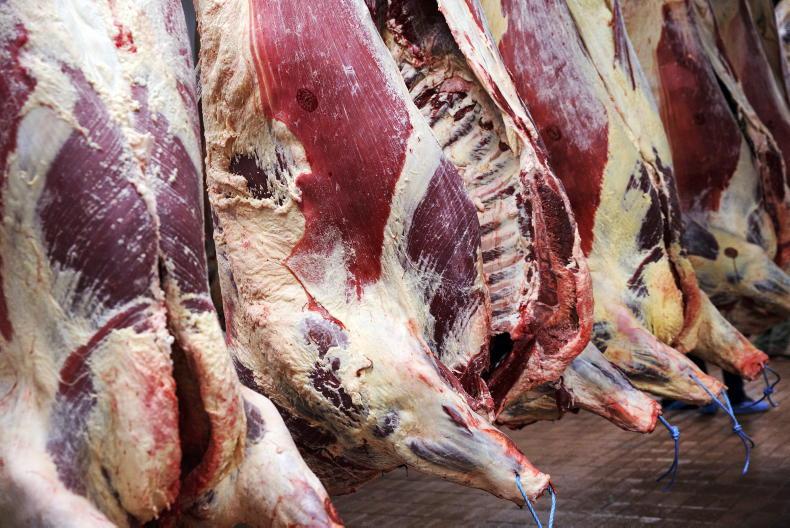The Joint Committee on Environment and Climate Action has heard that electric car and vehicle use needs to be incentivised in rural areas to help reduce emissions.
Dr Brian Caulfield of Trinity College Dublin pointed out that a high number of emissions from transport in rural areas comes from single car journeys and this could be reduced if electric cars and vehicles were incentivised in these areas.
As debate continues over which sectors need to reduce emissions under the climate bill, there is a continued focus on the two biggest emitting sectors, agriculture and transport, which emit 35.4% and 20.4% respectively, according to the Environmental Protection Agency (EPA).
“Between 1990 and 2019, emissions from transport showed the greatest overall increase, at 137%, with road transport increasing 142.6%,” the EPA said.
Dependence
Given the dependence of the rural economy on agriculture, there is a fresh focus on transport and a target is in place to get one million electric vehicles on the road by 2030.
Dr Hannah Daly of University College Cork said that there were many challenges facing the transport sector and there would essentially have to be a 45% to 65% reduction in emissions by 2030.
She also highlighted the role farmers could play in switching from producing livestock to bio-fuel, which she described as a potential “win-win” for the agriculture sector, which was also faced with reducing emissions.










SHARING OPTIONS